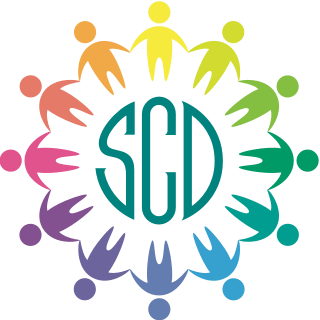Stagnaro, M. N., Dunham, Y., and Rand, D. G. (2017). Social Psychological and Personality Science,
Read MorePublications
As per the guidelines of Fair Use, the PDFs here may be used for “criticism, comment, news reporting, teaching (including multiple copies for classroom use), scholarship, or research.” All other uses of the PDFs supplied are prohibited.
Implicit Intergroup Bias and the Long Road to Predicting Discrimination→
/Dunham, Y. (2017). The Wiley Handbook of Group Processes in Children and Adolescents,
Read MoreMutual intentions as a causal framework for social groups→
/Noyes, A., and Dunham, Y. (2017). Mutual intentions as a causal framework for social groups. Cognition.
Read MoreFairness overrides group bias in children’s second-party punishment→
/McAuliffe, K and Dunham, Y, (2017) Journal of Experimental Psychology
Read MoreEvidence for a relationship between trait gratitude and prosocial behaviour→
/Yost-Dubrow, R., and Dunham, Y. (2017). Cognition and Emotion.
Read MoreChildren Are Sensitive to Norms of Giving→
/McAuliffe K., Raihani N., Dunham Y., (2017) . Cognition.
Read MoreHow Does Social Essentialism Affect the Development of Inter-Group Relations? →
/Rhodes, M., Leslie, S.J., Saunders, K., Dunham, Y., and Cimpian, A. (2017). Developmental Science.
Read MoreThe Development of White-Asian Categorization: Contributions from Skin Color and Other Physiognomic Cues→
/Dunham, Y., Dotsch, R., Clark, A.R., and Stepanova, E.V. (2016). PloS One.
Read MoreIntergroup Cognition→
/Dunham, Y. (2018). International Encyclopedia of Anthropology. New York: Wiley Blackwell.
Read MoreBeyond Discrete Categories: Studying Multiracial, Intersex, and Transgender Children Will Strengthen Basic Developmental Science→
/Dunham, Y., and Olson, K. R. (2016). Journal of Cognition and Development, 17(4), 642-665.
Read MoreGroup Bias in Cooperative Norm Enforcement→
/McAuliffe, K. and Dunham, Y. (2016). Philosophical Transactions of the Royal Society of London, 1-9.
Read MoreThe Effects of Minimal Group Membership on Young Preschoolers' Social Preferences, Estimates of Similarity, and Behavioral Attribution→
/Richter, N., Over, H., and Dunham, Y. (2016). Collabra, 2(1), pp. 1–8
Read MoreDoes Stigmatized Social Risk Lead to Denialism? Results from a Survey Experiment on Race, Risk Perception, and Health Policy in the United States→
/Dunham, Y., Lieberman, E. S., and Snell, S. A. (2016). PloS One, 11(3), e0147219.
Read MoreI Won't Tell: Young Children Show Loyalty to their Group by Keeping Group Secrets→
/Misch, A., Over, H., and Carpenter, M. (2016). Journal of Experimental Child Psychology, 96-106.
Read MoreThe Development of Stereotype Content: The Use of Warmth and Competence in Assessing Social Groups →
/Roussos, G. and Dunham, Y. (2016). Journal of Experimental Child Psychology, 133-144.
Read MoreThe Development of Implicit Gender Attitudes (PDF)→
/Dunham, Y., Baron, A.S., and Banaji, M.R. (2015). Developmental Science, 1-9.
Read MoreRepresenting “Us” and “Them”: Building Blocks of Intergroup Cognition (PDF)→
/Baron, A.S. and Dunham, Y. (2015). Journal of Cognition and Development.
Read MoreDo Attitudes Toward Societal Structure Predict Beliefs About Free Will and Achievement? Evidence from the Indian Caste System (PDF)→
/Srinivasan, M., Dunham, Y., Hicks, C., and Barner, D. (2015). Developmental Science.
Read More
